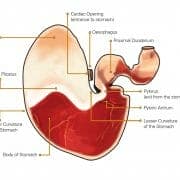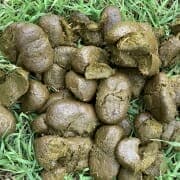The Impact of Proton Pump Inhibitors on Gut Bacteria
The pros and cons of proton pump inhibitors in horses
Proton pump inhibitors (like omeprazole) are a common and effective way to manage gastric ulcers in horses. However, have you ever thought about the potential side effects of long-term use on your horse’s gut bacteria?
Omeprazole in humans – is there a correlation?
This is an interesting read on the impact of proton pump inhibitors (PPI) like Omeprazole (the major drug we use to treat equine gastric ulcer syndrome) on the gut bacteria in humans: https://gut.bmj.com/content/65/5/740.
The research on horses
While these drugs are a huge help in setting up an environment in the equine stomach where ulcers can heal, they are overused in many horses (some racehorses are never taken off these drugs) to prevent ulcers in place of management systems that will reduce a horse’s risk of ulcers (like feeding a forage meal to fill the stomach prior to work).
What are PPIs doing to the equine gut bacterial populations? One study (https://beva.onlinelibrary.wiley.com/doi/pdf/10.1111/eve.07_12792) shows no impact on equine fecal bacterial populations, but use of omeprazole in these horses was only short term and the study doesn’t specify the dose used. The fecal microbiota also aren’t necessarily reflective of what is happening further up the gastrointestinal tract.
Something to keep in mind if you have a horse on a PPI medication long-term. More research is needed.
Do you have a question or comment? Do you need help with feeding?
We would love to welcome you to our FeedXL Horse Nutrition Facebook Group. Ask questions and have them answered by PhD and Masters qualified equine nutritionists and spend time with like-minded horse owners. It’s free!
Click here to join the FeedXL Horse Nutrition Facebook Group











